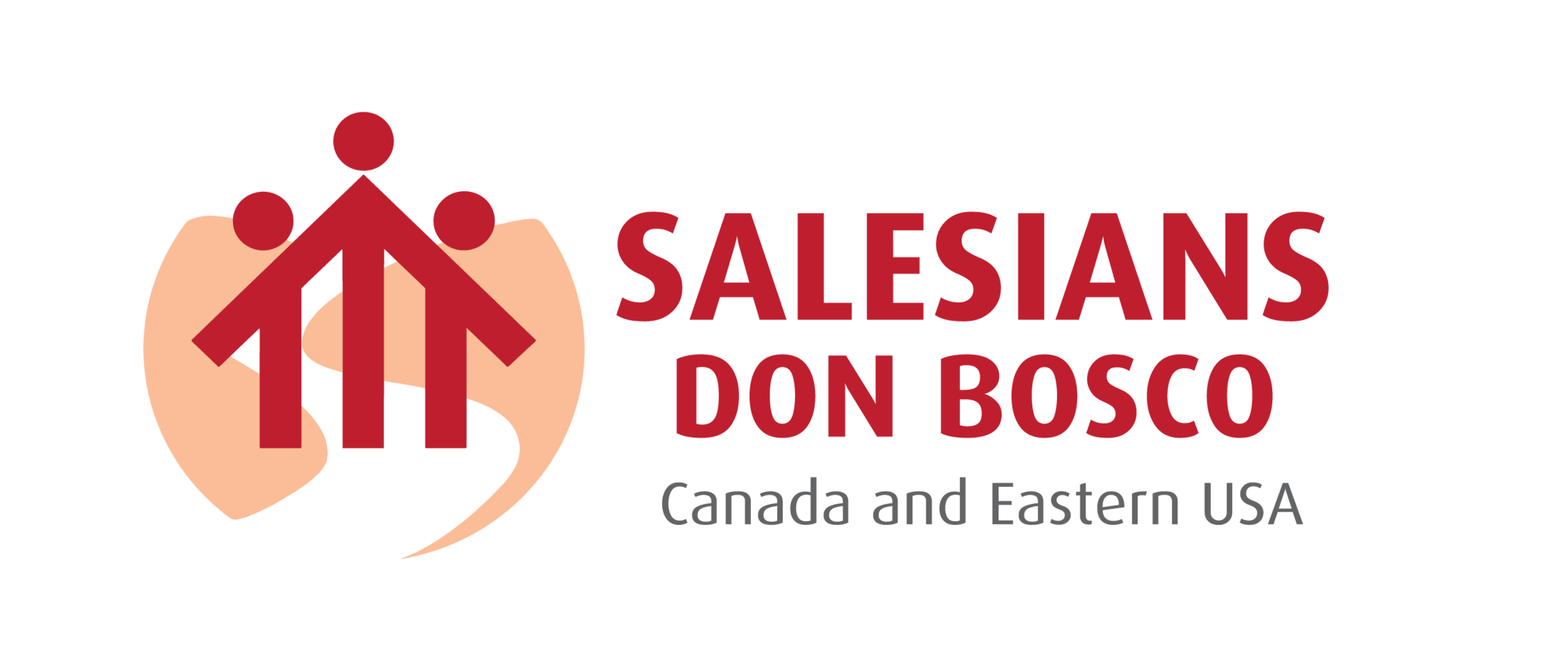
In these times, when the news reports day after day about experiences of conflict, war, and hatred, there’s a great risk that we as believers could end up being drawn into an interpretation of events that’s reduced solely to the political level, or that we limit ourselves to taking sides in arguments that have to do with our way of seeing things and with our way of interpreting reality.
Message of the Rector Major Fr. Fabio Attard, SDB
In Jesus’ discourse following the Beatitudes, there’s a series of “little/great lessons” that the Lord offers us. They always begin with the verse “You have heard it said.” In one of these, the Lord recalls the ancient saying, “an eye for an eye and a tooth for a tooth” (Matt 5:38).
Beyond Gospel logic, this law isn’t only uncontested but can also be taken as a rule that expresses how to settle accounts with those who’ve offended us. Taking revenge is perceived as a right, even a duty.
Jesus takes a stand before this logic with a completely different, totally opposite proposal. In response to what we had understood, Jesus says, “But I say to you” (Matt 5:39). As Christians, we must pay close attention here. The words of Jesus that follow are important not only in themselves, but because they express his entire message in a very succinct way. Jesus doesn’t come to tell us that there’s another way of interpreting reality. Jesus doesn’t approach us to broaden the spectrum of opinions about earthly realities, especially those that affect our lives. Jesus’ isn’t just another opinion; he himself is the incarnation of the alternative proposal to the law of revenge.
The phrase “But I say to you” is of fundamental importance because now it is no longer a word merely expressed, but it is the person of Jesus himself. Jesus communicates to us what he lives. When Jesus says: “Do not resist an evil person. If someone strikes you on the right cheek, turn to him the other also” (Matt 5:39), we know that he himself lived those very words. We certainly can’t say that Jesus preaches well, but his message will do us harm.
Returning to our times, these words of Jesus risk being perceived as the words of a weak person, the thoughts of someone no longer capable of reacting but only of suffering. In fact, when we look at Jesus offering himself completely on the wood of the Cross, this is the impression we may have. Yet we know very well that his sacrifice on the Cross is the fruit of a life that begins with the phrase “but I say to you.” Everything Jesus told us, he took fully upon himself, and by taking it on fully, he managed to pass from the Cross to victory. Jesus’ logic is one that seemingly displays the personality of a “loser,” but we know very well that the message Jesus left us, and that he lived fully, is the medicine that this world needs today.
Being prophets of forgiveness means taking up good as a response to evil. It means being determined that the power of evil will not condition my way of seeing and interpreting reality. Forgiveness isn’t the response of the weak. Forgiveness is the most eloquent sign of that freedom which is capable of recognizing the wounds that evil leaves behind, but that those same wounds will never be a powder keg that fuels revenge and hatred.
Responding to evil with evil only widens and deepens the wounds of humanity. Peace and harmony don’t grow in the soil of hatred and revenge.
Being prophets of gratuitousness requires us to regard the poor and the needy not with the logic of profit, but with the logic of charity: the poor don’t choose to be poor; those who are well off have the opportunity to choose to be generous, good, and full of compassion. How different the world would be if our political leaders, in this scenario in which conflicts and wars keep increasing, had the good sense to look at those who pay the price for these divisions – namely, the poor and marginalized who can’t escape because they’re unable to do so.
If our starting point is that of a purely horizontal reading, there’s cause for despair. All that remains for us is to be imprisoned in our murmuring and our criticisms. But, no! We are educators of young people.
We know that the young people of our world are looking for healthy role models, political leaders capable of interpreting reality based on the criteria of justice and peace. But when our young people look around, we know that all they see is the emptiness of an impoverished vision of life.
Those of us who are committed to the education of the young have a great responsibility. It isn’t enough to comment on the darkness left by an almost complete absence of leadership. It isn’t enough to say that no proposals exist capable of igniting the memory of young people. It’s up to every one of us to light that candle of hope in this darkness by offering examples of a true humanity that wins out in everyday life.
It’s truly worth the effort to be prophets of forgiveness and gratuitousness in today’s world.






